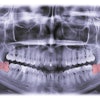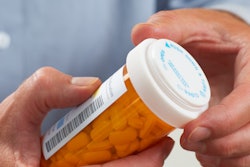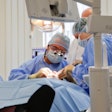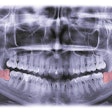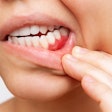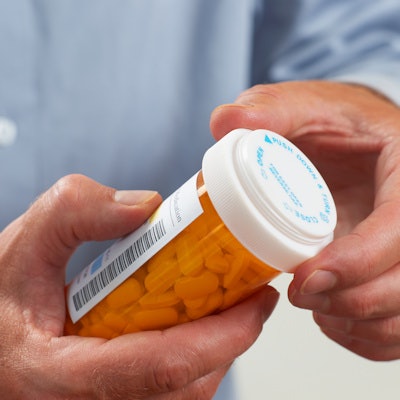
Clinicians frequently prescribe antibiotics and opioids to patients who visit emergency rooms (ER) with nontraumatic dental problems, according to a new study published in the March issue of the Journal of the American Dental Association.
More people covered by Medicaid visited ERs for dental problems than those with private dental insurance, but both groups filled prescriptions for opioids and antibiotics at similar rates.
"Antibiotics and opioids are frequently prescribed during ED [emergency department] visits for dental conditions," wrote the authors, led by Rebecca M. Roberts, an epidemiologist at the U.S. Centers for Disease Control and Prevention's National Center for Emerging and Zoonotic Infectious Diseases Division of Healthcare Quality Promotion (JADA, March 2020, Vol: 151:3, pp. 174-181).
The risks of overprescribing
In the U.S., overprescribing of opioids and antibiotics is a major public health problem, fueling concerns of antibiotic resistance and adding to the potential of opioid misuse and abuse. Research has shown that about 80% of prescriptions for prophylactic antibiotics written before dental work are unnecessary and that some patients who receive antibiotics prior to treatments end up visiting ER, experience allergic reactions, or get Clostridioides difficile (C. diff) infections. Additionally, the number of opioid-related overdoses and deaths have led the ADA to implement a policy of prescribing nonsteroidal anti-inflammatory drugs alone or in combination with acetaminophen instead of opioids for pain management. Understanding how and why clinicians prescribe these medications may help prevent patients from taking unnecessary opioids and antibiotics.
Researchers conducted the study using data from the IBM MarketScan Research Databases in Treatment Pathways from 2012 through 2014 and analyzed information from approximately 440,000 patients. About 280,410 Medicaid beneficiaries had dental-related visits, while 159,066 commercially insured individuals had visits.
About 55% of Medicaid beneficiaries and 55% of those privately insured filled prescriptions for antibiotics within seven days of dental-related ER visits. About 40% of Medicaid patients and 42% of commercially insured patients filled opioid prescriptions within a week of their ER visits, according to the study authors.
More than 30% of patients who were diagnosed with dental conditions at emergency departments were prescribed antibiotics and opioids at their initial visits, the findings showed.
This study is not without limitations, including that the data are several years old and may not reflect current medical practice, the authors wrote.
More to do
Improved preventive and acute oral healthcare, including improved access, could lessen the number of patients who seek treatment at ERs. However, it's not enough. More clinical guidance on the appropriate use of antibiotics and opioids for dental conditions and additional provider education on dental conditions for clinicians other than dentists will help improve the quality of care in the U.S., the authors noted.
"Both public health and healthcare efforts are necessary to improve how antibiotics and opioids are used in the United States, specifically for dental symptoms," they wrote.




